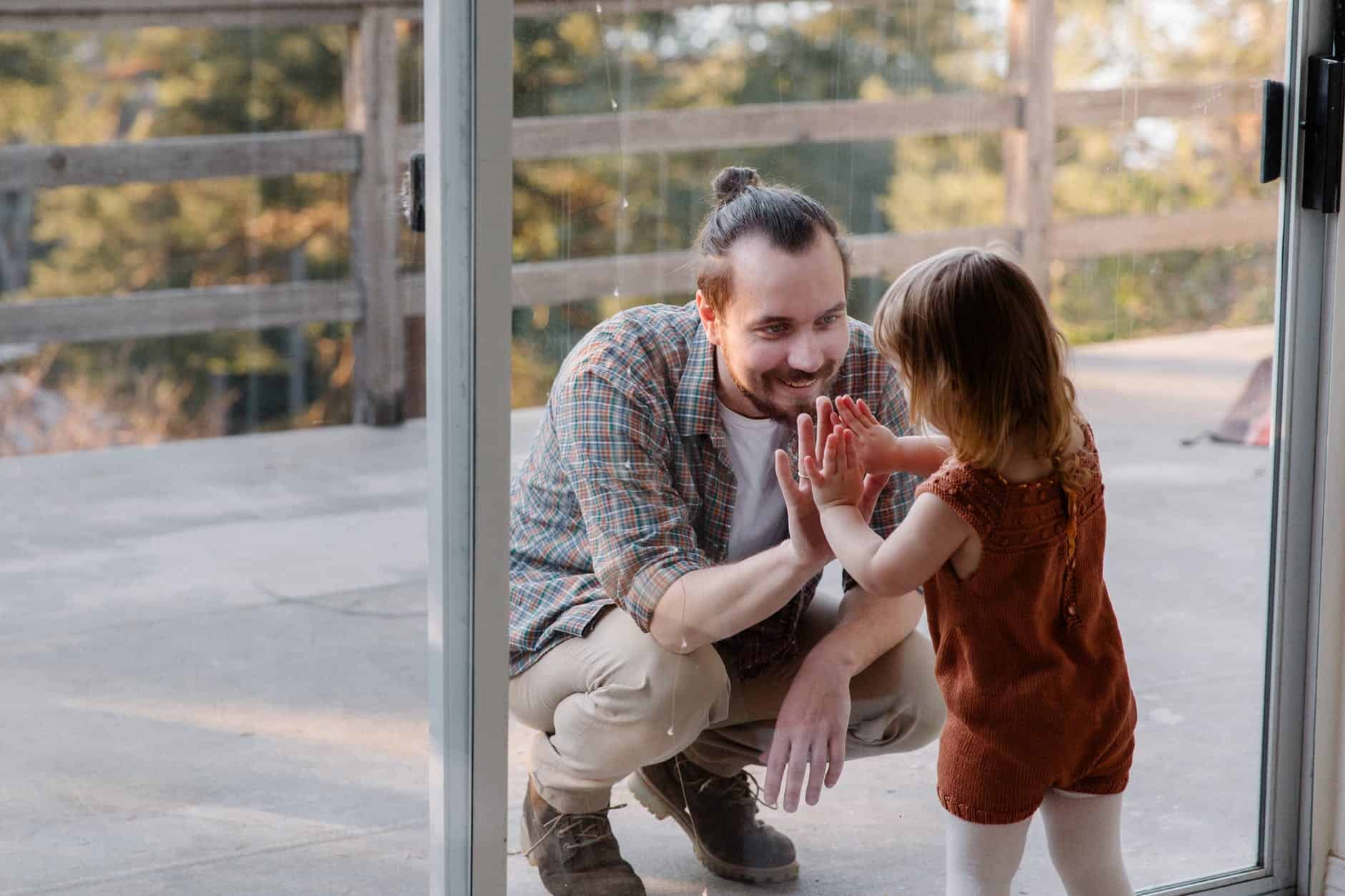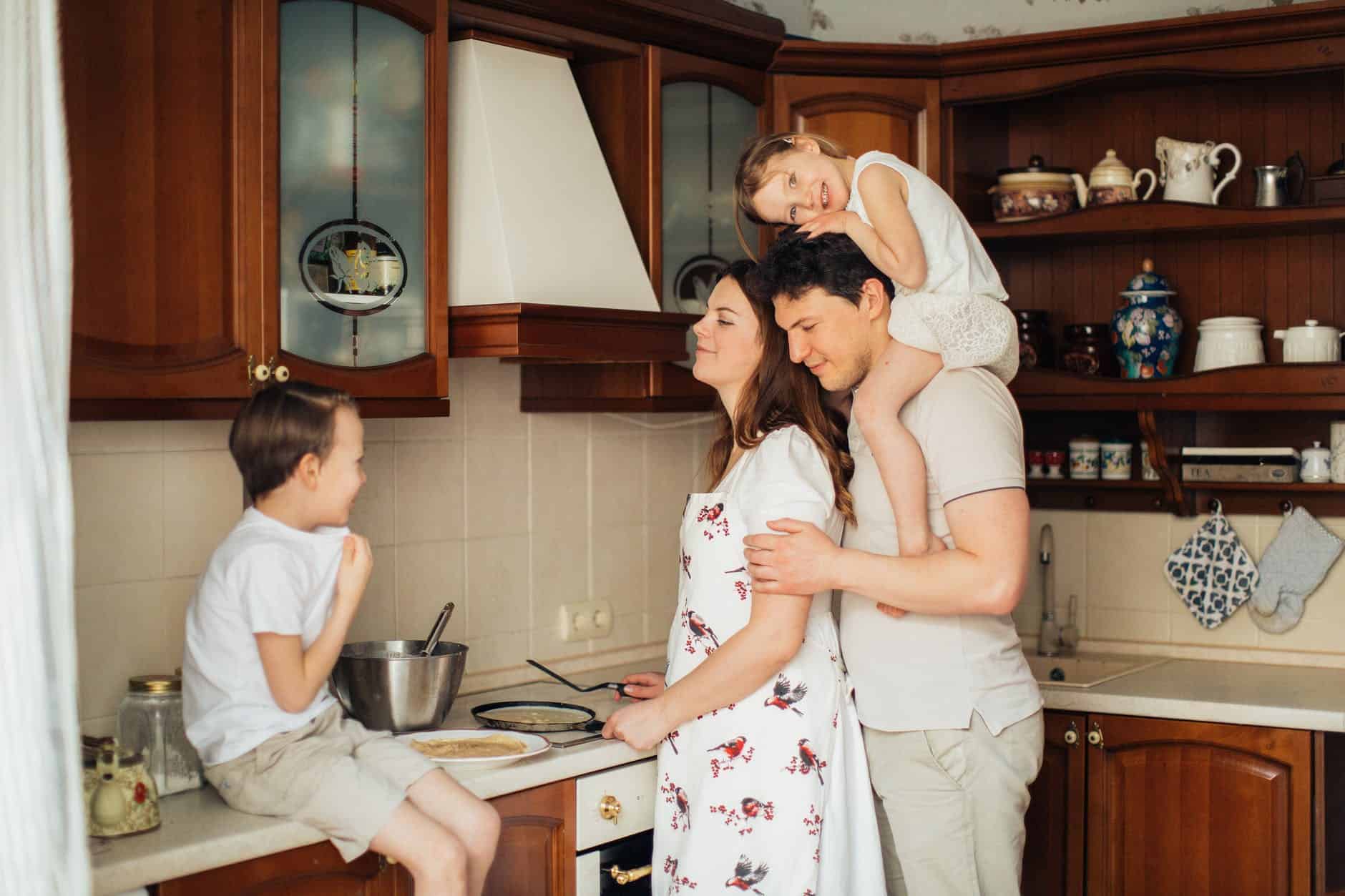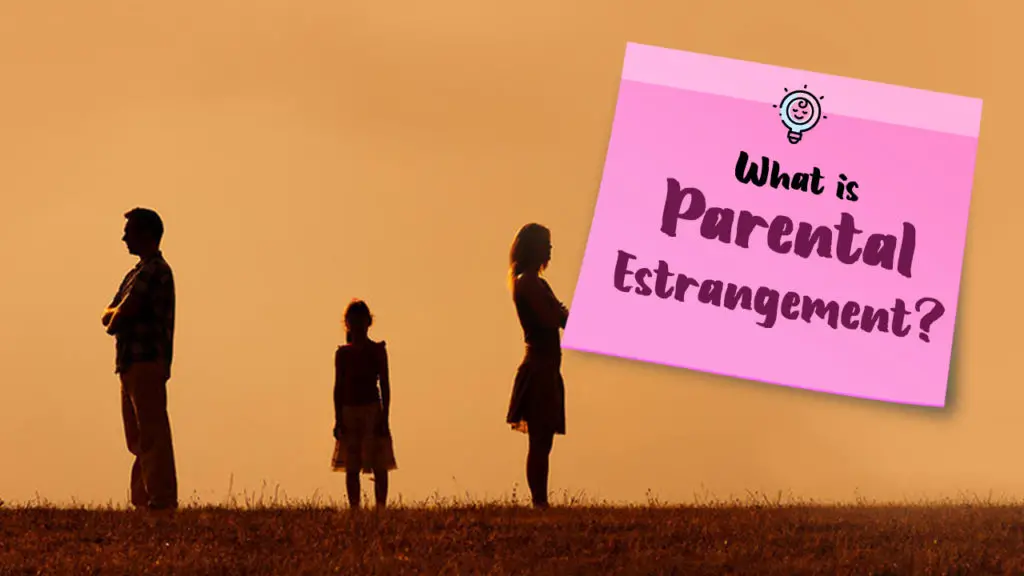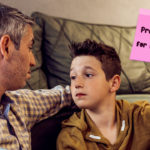Imagine this. In a lovely home in the suburbs, you feel safe, sheltered, and secured. You wake up to the smell of a hearty breakfast your mom prepared for you, and before you doze off to sleep, your dad tucks you in and reads you bedtime stories. Little did you know, your parent’s relationship is gradually falling apart and so starts the effects of divorce on you.
As a parent, do you want your child to know the feeling of separation at a young age? No, right? You know that protecting them from parental estrangement and from becoming divorce casualties is better than trying to heal the wounds the distance has caused.

Table of Contents
How Do You Define Parental Estrangement?
As the term itself suggests, parental estrangement is the loss of bond or connection between a parent and a child. It is when the child will cut off their parent/s, either physically or emotionally. In this case, there is little to no communication between the parties involved. It may happen when the child experiences or witnesses abuse, betrayal, parental misbehavior, and intense marital conflict. In short, the child tends to cut ties with their parents if such parents treat them badly. Moreover, the risk of terminating a healthy parent-child relationship usually increases after divorce. This happens especially amid parallel parenting plans. In fact, a report from BBC states that divorce is the major factor leading to the breakdown of familial relationships.
Is It Always the Parents’ Fault?
While parents are the ones to blame for parental estrangement in most instances, there are times when the responsibility doesn’t fall on their shoulders. It’s not always bad parenting. Oftentimes, it happens when a child is a drug addict, diagnosed with a mental disorder, affected by brainwashing by relatives or other family members. Or it could be that he or she just wanted to live independently.
Research from the University of Cambridge, in collaboration with Stand Alone Charity, showed that out of 807 respondents who are members of the charity, 455 are estranged from a mother, while 350 are estranged from a father. The research—entitled Hidden Voices: Family Estrangement in Adulthood—also revealed that 54% of the respondents considered being in an estranged family “common” in their household. We have already cited some reasons why this happens, but in this section, let us delve more into the probable causes of estrangement so we may understand the psychology behind familial separation. Before we start off with our list, remember that estrangement doesn’t only happen to young children but to adult children as well.

1. Sadly, You Weren’t Enough
You make parenting decisions after divorce or separation. No matter how well-meaning shared custody and co-parenting is though, failed marriages would still have a negative impact on children at some point. Hearing that you weren’t enough when you think you’ve done your best is hard to accept. However, it is the truth that you have to consider. Some children don’t feel the love that their parents wanted to convey to them. Or if they do, the affection the parents showed isn’t enough. One of the factors affecting this is the failure of the parents to express their emotions fully. In most cases, children who feel that they weren’t loved or nurtured enough may carry this feeling as they grow old without the parents being aware of it.
Furthermore, being “not enough” is not only about the lack of affection you show to your children. Some parents may fail to recognize their lapses leading to parental estrangements, such as bad parenting, being unsupportive, abuse, and betrayal. And this has become one of the most common parenting regrets of adults. When your children have had enough, they might detach themselves from you on a physical and emotional level.

2. You Have Your Favorites
Knowing that you are someone’s favorite person feels good. But as a child who has a sibling, not being your parents’ favorite would be infuriating. Therefore, parents who play favorites among their children will most likely widen the gap between them and the kid they don’t favor that much.
A dysfunctional family unknowingly puts labels on their children—there is this golden child, and there is this scapegoat. While the golden child often receives praise from their parents, the scapegoat frequently experiences rejection and suffers the consequences of their negligence. The child least-liked by his or her parents will try to give their best to impress their parents. However, when they realize that they have no one beside them despite belonging to a family, they will eventually cut off their relationship with their parents.
3. You Still Consider Your Adult Child a Baby
Because of their undying love for their children, some parents still treat their child like they’re eight years old, even when they’re already adults. Although some people consider it sweet, adult children would feel like their parents have invaded their privacy and that they are still tightly tied to their parents, which is not good. Learn how to have a healthy relationship as divorced parents but don’t forget to support your children while you’re at it.
This situation is common in families wherein the parents find it difficult to give up the idea of them being the ones who are in charge of their children’s life. Parents like these usually spent a long time deciding for their children and living with them; thus, they refuse to acknowledge that their children are of their own now. As a result, they tend to give unwanted advice and voice their disapproval on their children’s decisions regarding their jobs, finances, lifestyle, etc.

4. You Have Become a Toxic Parent
As featured in an article from Psychology Today, if you react negatively to minor issues, lack empathy, are highly controlling, very critical, and you blame everyone else, then you may be a toxic parent. It certainly wouldn’t help when you’re also dating someone with kids and refuse to explain the situation in a way that the child will understand. The presence of extreme negativity in the household prompts the child to distance themselves from their parents. However, this may be hard for them, considering that the toxic people they are dealing with are their parents.
Moreover, one of the factors that may contribute to parental estrangement is the refusal of the parents to apologize to their child for their behavior. Children, wanting to protect themselves and break the cycle of hearing hurtful words and experiencing harsh behavior from their parents without receiving any apologies, will eventually give up trying to understand their mother or father.
5. You and Your Child Have Contrasting Values and Beliefs
As a parent, it is your responsibility to guide your children to the path which you think is right for them. Nevertheless, as they grow older and develop into a mature human being, they now have the capability to make decisions on their own. And guess what? Forcing your beliefs on them won’t do any good. Instead of drawing them near, they might go further from you.
You had done your part in raising your children and teaching them values they have to adhere to when they were young. Now that they are developing their moral compass, let them. Advice your children, but don’t get to the point wherein you have overstepped boundaries. They are already growing up, and it is the truth that you have to accept whether or not they became the person you want them to be.
Parental Alienation Syndrome: Symptoms You Have to Watch Out For
Parental estrangement and parental alienation sound synonymous; but the situation leading to these types of separation is different. As previously mentioned, parental estrangement happens when a parent treats the child poorly. Meanwhile, parental alienation occurs when a parent (alienating parent) manipulates the child and turns them against the other parent (alienated parent). This scenario usually happens during the divorce process, wherein there is a high conflict custody battle, or the alienating parent still has unresolved feelings of anger and bitterness.

Also, note that the alienating parent can either be the mother or the father, and whether or not they are the custodial parent. When the alienating parent has been successful in bad-mouthing the alienated parent, the child may start to fear or disrespect the other parent. Exposure to parental alienation may result in parental alienation syndrome (PAS). Before it’s too late, protect yourself from this situation by learning the symptoms of parental alienation. According to an American child psychiatrist, Richard A. Gardner, here are the eight signs and symptoms of PAS:
- The alienated child is filled with hatred towards the alienated parent that he or she deliberately expresses unfair criticisms toward this parent and forgets all the positive things about them.
- When asked to explain the criticisms mentioned, the child usually lacks evidence or specific examples to prove his or her word.
- The child manifests no emotional connection toward the alienated parent, which means that everything about them is negative. On the other hand, the alienating parent takes all the credit for all the positivity.
- Even though the alienating parent made the child believe that they should fear and hate the other parent, the child would insist that their feelings and criticisms are of them alone.
- The child would never feel guilty about the way he or she treats the alienated parent, regardless of whether he or she has been ungrateful, rude, and spiteful to the said parent.
- In cases of disagreements and conflicts between both parents, the child wouldn’t think twice about siding with the alienating parent.
- The child adopts ideas and words from the alienating parent when they make false accusations to the alienated parent.
- Aside from the alienated parent, the child’s contempt, avoidance, and fear will extend to the alienated parent’s family, such as the grandparents and cousins.
How Do You Maintain the Connection after the Disconnection?

The end of your marriage might not only mean the end of your relationship with your spouse. Sometimes, when you take a look at your past, some things become blurry. It may be your relationship with you and your ex’s mutual friends, or worse, your relationship with your children. Whether you are the custodial or non-custodial parent, keeping the connection you had with your children is essential. Protect them from parental estrangement by bearing these things in mind:
1. Be Open
If you feel like you are starting to lose connection with your child, take the time to hear their thoughts. Create a safe space for your child to vent. Let them express how they feel about you and the whole situation, be it pain, anger, sadness, or disappointment. However, always remember that you have to be open. Whatever your child says, listen—without negative reaction and judgment. Aside from that, you must also make it clear to them that they will not receive any punishment for venting. This way, they will not be afraid to speak out their feelings. “Why should I do this?” you may ask. It is to give you time and more input to reflect.
2. Look Within Yourself
Being open does not stop with listening to your child. As stated beforehand, it enables you to reflect within yourself and change whatever it may be that needs changing. Although it hurts to hear from your child that you have not done enough, you also have to acknowledge that you have done something that hurt them in one way or another. Work on yourself so you can work on your relationship with your child.
3. Have Patience
“Patience is a virtue.” We’ve heard this saying more than once at some point in our lives. Now is the best time to practice it. Children, especially young ones, want attention. Therefore, never lose patience as much as possible when dealing with them. Whenever they need someone to release their negative emotions, be there. Regardless, don’t speak ill of the other parent. This way, you will draw them near regardless of the custody arrangement you adopt after the divorce. Being patient helps you show your children how to respect, empathize, and love other people.
4. Say Sorry
Kids don’t have the same emotional capacity adults have. That is why making them understand why both you and your partner can’t be together, parenting one hundred percent of the time. It matters to you and it matters to the kids’ childhood development since they will remember these as some of the most important parts of their lives. What may be fine to you may not be fine for them. Other than that, you and your children may have misunderstandings on some things. For example, you may have said something that hurt them, but you didn’t realize that you are doing so. Although it is not your intention to hurt them, there are just times when your child misinterprets you. Therefore, when you make mistakes, be the bigger person, and apologize. It is always best to say sorry while it’s still early because when you just let things pass, you may scar your child for life.
5. Communicate
Communication is always the key to establish and maintain a relationship. That said, you should not give up on reaching out to your child when you feel like he or she has become more distant. Also, don’t forget to greet them during special days like their birthdays and holidays. Doing so makes your child feel that you still care for them regardless of the situation.
If we would stick to our belief that blood is thicker than water, then we’d be left with no choice but to stay in a house with no heart. When living in a household, family members are expected to form a special bond or relationship. Nonetheless, not all families stay together forever. Married couples sometimes face challenges in their relationship, and when it becomes unbearable, they might file a divorce. While they have cut ties with each other, it is crucial to stay connected with their children to protect them from parental estrangement.






